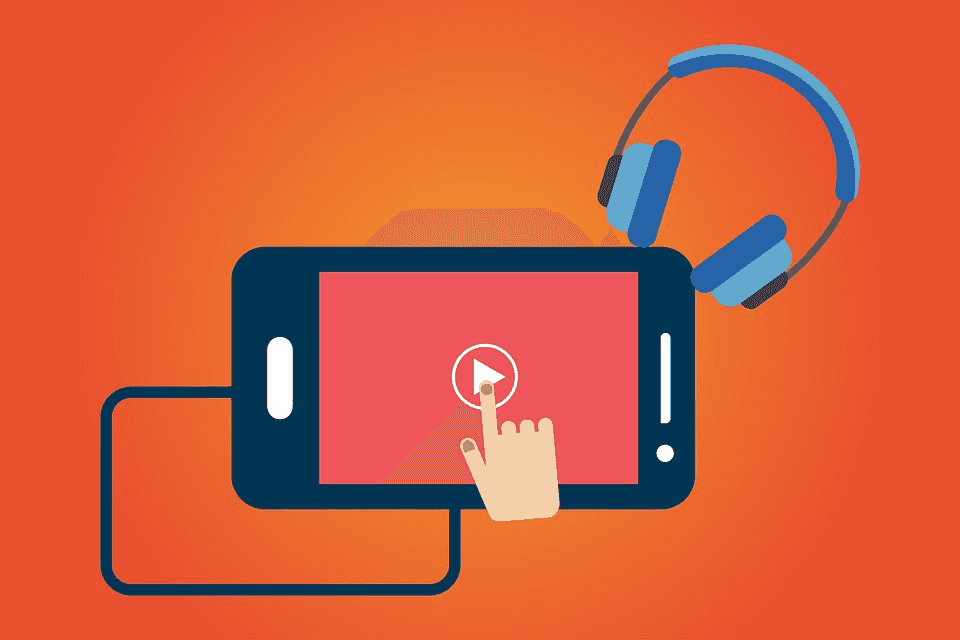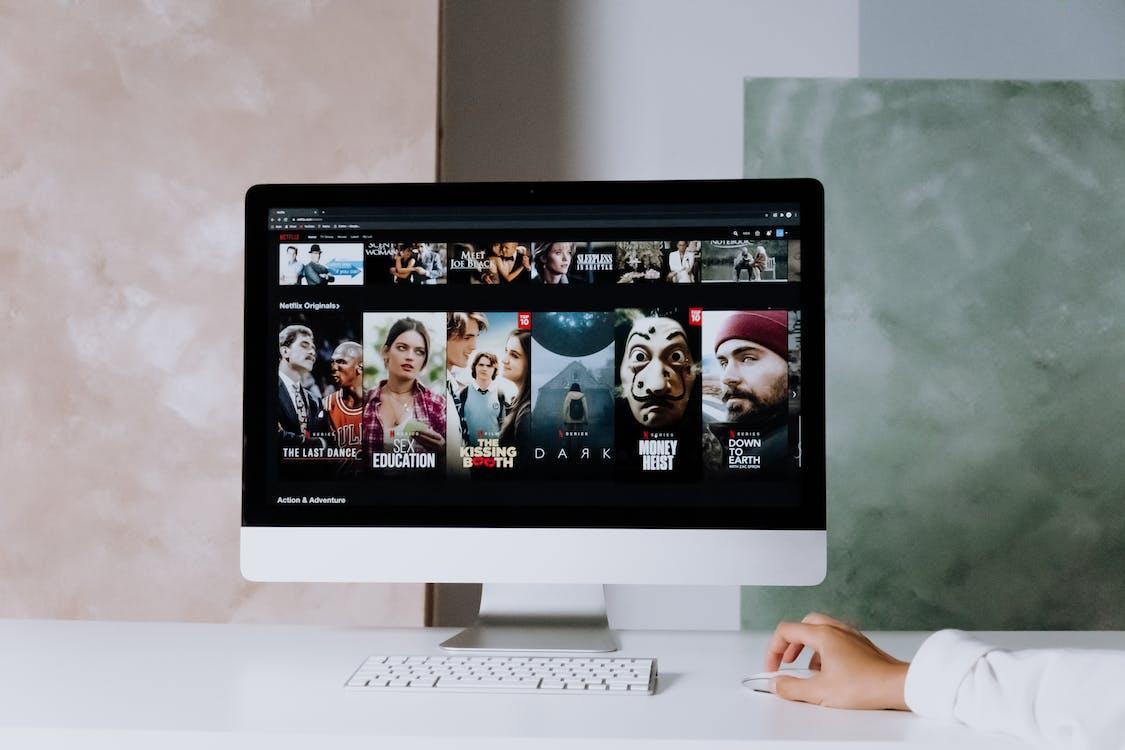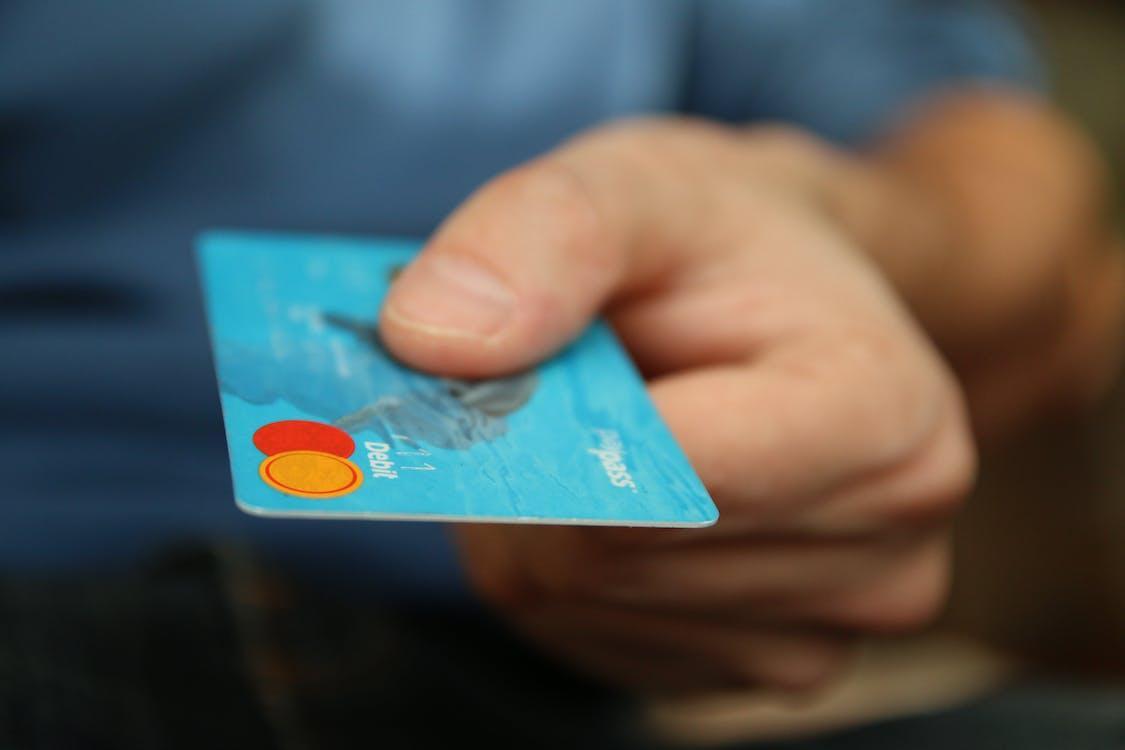Can You Get a Loan for a Down Payment? Buying a House With no Money in Canada
Buying a home can surely be daunting if you don’t have enough funds for your down payment, especially for first-time home buyers.
Luckily, there is hope! In this guide, you’ll find answers to questions like “Can you get a loan for a down payment?”, “Is a loan a good idea?”, and “What are the alternatives?”
Strap in because this is going to be packed with information!
What Is a Down Payment?
A down payment is the sum of money you pay upfront when buying a house.
For example, you want to buy a house that’s priced at $500,000 and you’re ready to put $100,000 in cash towards the purchase price. The mortgage lender will deduct those $100,000 from the total price of $500.000 and will calculate how much you will owe after the purchase.
Consequently, the remaining $400.000 of the amount will be covered by your lender and in return, you’ll be paying off the mortgage.
The minimum down payment for a mortgage depends on the purchase price of your home. The lower the value of the property, the lower the minimum down payment is required, and vice versa.
Why Is It Important?
Firstly, a mortgage down payment helps you secure the loan amount you are eligible for and serves to prove to a lender that you are a reliable buyer that can afford regular payments. Simply said, it helps you minimize borrowing.
Furthermore, a down payment can reduce the loan-to-value ratio (LTV), which is the difference between the loan amount and the total value of the house. Essentially, it shows how much you owe. For instance, a 20% down payment reduces the loan-to-value ratio to 80%.
With this level of LTV, mortgage lenders won’t require private mortgage insurance, because they consider it to be a less-risky threshold.
Let’s see what other values a down payment can bring to the table.
Lower monthly payments
A larger down payment helps you pay lower monthly payments for your mortgage. This can save you a lot of money in the long run.
Less interest
The bigger the mortgage down payment is, the lower the interest rate you get. This way lenders see you as a less risky borrower, which, in turn, qualifies you for lower interest rates on your loan. On the other hand, if put down less money, you will end up paying higher interest rates.
Avoiding private mortgage insurance
If you put an upfront 20% for your mortgage down payment, which is usually the case with conventional loans, you can avoid paying private mortgage insurance (PMI). Anything less than 20%, may require you to purchase private mortgage insurance.
Instant equity
By paying a larger sum of money upfront, you create instant equity, which in turn, protects you against any possible fluctuations of your home value. So, putting down 20% for a down payment may seem like a lot of money at first, it will eventually bring more good.
How Much Is a Typical Down Payment?
A typical down payment on a house in Canada can range from 5 % to 20%, depending on the value of the property.
- For a house of $500.000, you will be required to make a 5% down payment.
- For a price between $500.000 and $999.999, you will be required to put 5% for the first $500.000, and 10% for the portion above $500.000.
- For $1.000.000 or above, you will be required to put down 20% of the purchase price
So, depending on the home’s purchase price, one can be required to put down a larger or smaller amount of money. Although, some lenders may require larger down payments regardless.
Where Can You Get a Down Payment Loan?
If you need help getting a down payment, certain places and programs may offer you some assistance.
Mortgage insurers like Sagen (previously known as Genworth Canada), CMHC and Canada Guaranty allow buyers to borrow money for a decent down payment.
In addition, buyers can borrow funds from a home equity line of credit (HELOC), unsecured line of credit, credit cards, or the Lender cash-back program. Alternatively, you can borrow funds from your RRSP savings or from a personal loan.
Can You Get a Loan for a Down Payment?
Sometimes, saving enough is just not in the cards. Therefore, you might start looking for loan options to help you with the purchase of a home.
Luckily, in Canada, you can get a loan for a down payment on a house, as long as you can provide a minimum amount for the down payment from your own money.
However, keep in mind that the type of mortgage you’re applying for may not allow borrowing money for a down payment because lenders want to see your debt-to-income ratio so they can ensure that you are not overloaded in debt.
When you apply for a loan for a home down payment, lenders will review your credit score and household income, check your debt-to-income ratio and additional information, and will determine if you are eligible. Then, you’ll need to make monthly payments for a set period of time.
Borrowing money for a down payment can seem like a good scenario for the moment, but it does come with certain risks that are worth considering before putting your idea into action.
Why It’s a Bad Idea and Why You Should Avoid It
Getting a loan for a down payment means that you will increase your debt-to-income ratio. Your repayment will be included in the total debt service (TDS), which calculates all your monthly payments and adds more financial weight to your already existing debts. Thus, it will drain your financials over the years and lower your credit score.
Moreover, lenders may turn you down if they see an unfavourable repayment history because they don’t want to see borrowers falling behind their required monthly payments.
Also, getting a down payment loan can lower your home equity and get you higher interest rates.
So, unless your current situation requires urgency and getting a loan is the only way out, you should try looking for other financing options for homes that can save you both time and money.
Alternative Options
If you’ve determined this isn’t the right choice for you, there are other great ways to get a loan for buying a home.
Government-Backed Loan (HASCAP Loans)
One of the most prominent loans you can find is the government-backed loan, written under the agency of the federal government. These types of loans help home buyers by paying 5% or 10% of their down payment for a new home. Government-backed loans can have different upfront fees and insurance requirements.
A government-backed loan that many Canadians will recognize is the HASCAP, which provides low-interest loans of $25,000 to $1,000,000 and is designed to help Canadian businesses in highly-affected sectors.
Down Payment Assistance Programs
There are various assistance programs that many borrowers can use. Generally, they’re most helpful for home-buyers who cannot afford enough money for a mortgage down payment. For example, you can find insurance mortgages, and borrow funds from your retirement saving plan with the RRSP Home Buyers’ Plan or take advantage of the First Home Savings Account.
Some work as tax-free and interest-free loans such as RRSP, and some as one-time grants or rebates.
Gifted Funds (family or friends)
You can also ask your family or friends for help by way of gifts. With this, you won’t be burdened with monthly repayments. However, to be able to use the gifted money, you must provide a mortgage confirmation letter to your lender where the gifter explicitly states that the money is solely a gift that will be used for the down payment on your home.
Generally, conventional mortgages require gifted funds to come from an immediate family member, but some non-conventional mortgages might allow gifted money from a friend.
Personal Loans
If you have a healthy credit score and a good employment history, you might be eligible for applying for a personal loan. There are several good reasons why a personal loan is a great option.
Getting a personal loan for a down payment is useful in emergency situations due to the fast approval times. Personal loans can come with lower interest rates and lower monthly payments, as well as no required collateral.
Also, some lenders may allow negotiating your loan agreement, which, in turn, helps you better manage your budget.
How To Save For a Down Payment?
Saving money must be the hardest part of the process of any large purchase. But, the good news is that there are many sustainable ways to help you save for a down payment for a mortgage.
Make a Plan
First, you’ll need to determine the budget you want to put aside for the purchase of your home. From then on, you can plan your savings.
Make an assessment of your monthly spending and saving and calculate how long it will take to accumulate the desired sum. Then, search for assistance programs in your area and shop for the best down payment offers.
Moreover, look for other ways to contribute to your income and eliminate all extra expenses.
Automate Your Savings
Set a separate saving account and start putting all your saved money here. This option is great because it allows you to set a monthly transfer from your chequing account to your savings account. However, don’t be tempted to take out money for anything else, but only for a down payment on your house.
Also, downsizing your spending, paying off your debts, and focusing on meal times at home can significantly boost your savings over time.
Final Thoughts
So can you get a loan for a down payment? Well, yes, but that doesn’t mean you should. Fortunately, there are far better financing options, such as a personal loan, gifted funds, or assistance programs.
In conclusion, before making a down payment, consider the options that correspond with your current financial situation and see if you can afford to pay without incurring unnecessary debts.
FAQ
Gifted money is non-repayable and it’s stated as such in the confirmation letter. So, repaying the money for a down payment gift is considered to be mortgage fraud.
You can generally expect to get a loan from as little as 5% to as high as 20% for a down payment on a house, depending on the purchase price.
The most common way to get a down payment is by using your personal savings. Alternatively, you can ask for gifted money, look for assistance down payment programs, borrow funds from your RRSPs, get a personal loan to buy a house, use a line of credit, or a credit card. Whatever you choose, ensure you do thorough research beforehand.






